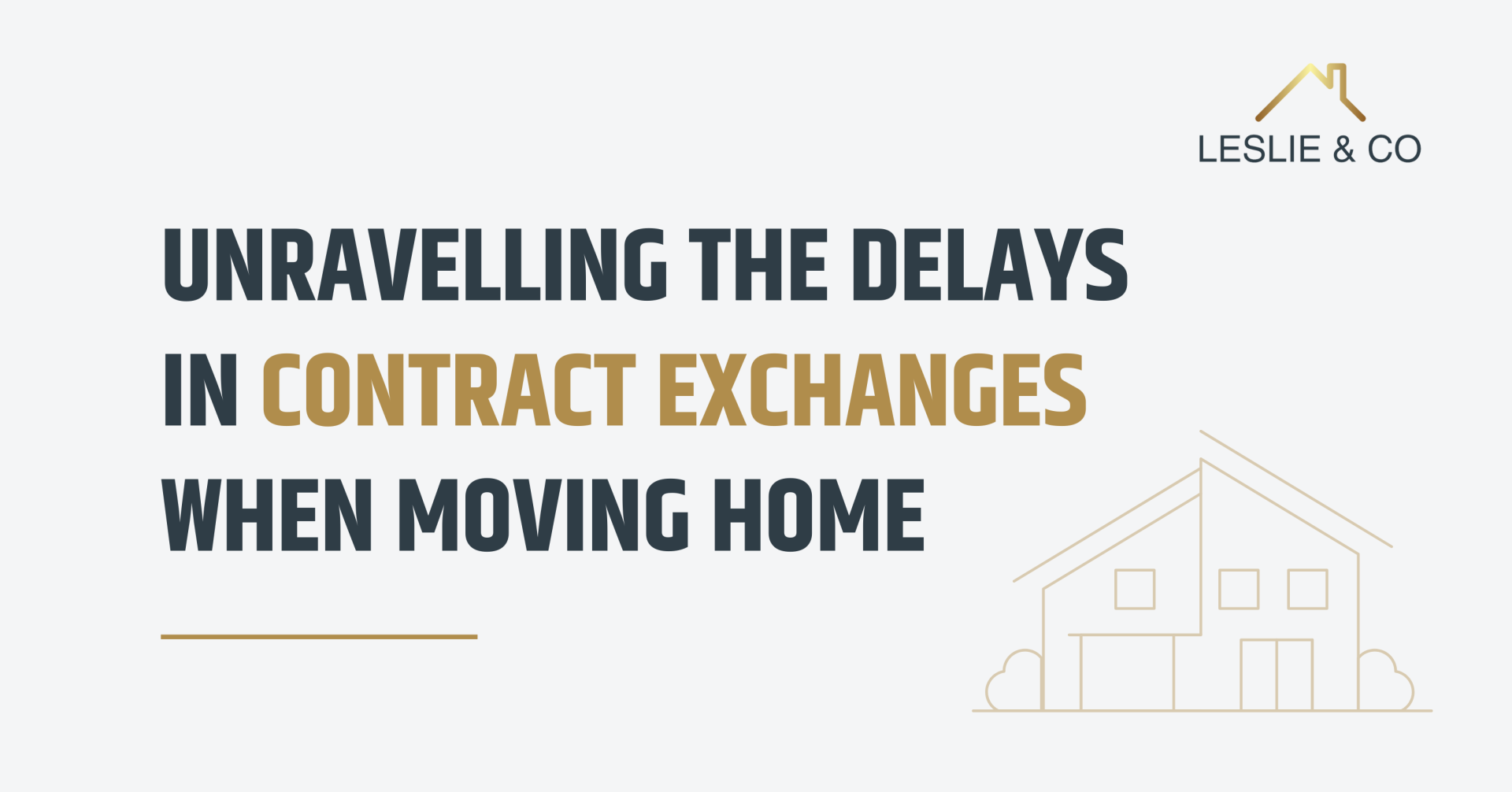Propertymark, a leading association for estate and letting agents, discusses the complexities of property transactions in their report, 'The Future of Home Buying and Selling'. It highlights the protracted durations often required to finalise sales. Propertymark's latest Housing Insight Report reveals a consistent increase in the length of time from accepting an offer to the exchange of contracts.
We want to share with you some key insights from this report and examine the factors contributing to these delays.
The length of time to exchange contracts
The exchange of contracts stands as a pivotal moment in the property transaction process, solidifying the sale and purchase as legally binding commitments. Delays in this phase pose issues by amplifying stress for all parties involved, decelerating the overall property market and potentially elevating the incidence of transactions falling through.
In March 2016, 78% of property transactions moved from offer acceptance to contract exchange within a twelve-week timeframe, a stark contrast to the 29% observed in March 2024, marking a noticeable decline. Estate agents have pinpointed several key obstacles and delays which they believe to be at the heart of this slowdown. Primarily, the agents have critiqued the sales process as being antiquated (“Dickensian”) and overly burdened with administrative tasks. Additionally, this administrative load has only intensified with the implementation of new legislative requirements over time.
The existing framework for transferring property was initially conceived for handling significantly less information. Today, the volume of information has surged, arriving at solicitors’ desks in stages, necessitating considerable time to cross-reference and align with the client's best interests, lender demands, and the conveyancer’s professional judgement.
Photo by Tierra Mallorca on Unsplash
What are the hurdles?
Agents observed that despite the availability of advanced technologies designed to enhance efficiency, their implementation and integration remain inconsistent at best. The system is notably outdated, with a split in practices among solicitors – some are embracing digital processes, whilst others are not, calling for an urgent need for standardisation and digitalisation. Estate agents pinpointed specific bottlenecks in the information flow from buyers, sellers, surveyors, and lenders, noting that obtaining searches can take up to three to four months in some regions.
The pace of transactions is steadily declining, with a noticeable lack of motivation among conveyancers to expedite proceedings. Whilst some manage to complete transactions rapidly, others lag significantly, indicating a glaring inconsistency in their approach. This issue is exacerbated as estate agents now require sellers to fill out TA6 and TA10 forms early on due to new material information mandates, adding another layer to the process.
Additionally, a reported scarcity of solicitors has led to firms being overwhelmed and understaffed. A significant 59% of Propertymark agents cite the shortage of solicitor/conveyancer resources as the primary culprit behind the prolonged duration of exchanges, underscoring a critical area in need of immediate attention and improvement.
What should happen next
The increasing length of time it takes to complete property transactions impacts buyers, sellers, and supporting service providers in equal measure. Addressing this issue, which is urgently needed, involves a complex challenge that has been present for over a decade. Solving it will require changes in people, processes, and technologies across various sectors, each with their own unique perspectives, abilities, and willingness to adapt. Nevertheless, this report represents the first important recognition of the issue's existence.
Photo by Erda Estremera on Unsplash
How can you help to speed up the process
While it's clear that systemic changes are needed to significantly reduce the time it takes to exchange contracts when moving home, there are steps you can take to help speed up the process. Firstly, ensure that you're fully prepared before you even list your property or start looking for a new home. Gather all necessary documents, such as proof of identity, proof of address, and any other paperwork that might be required, early on. Being proactive can help avoid delays later.
Communication is key. Keep in regular contact with your solicitor and estate agent in Ealing, and don't hesitate to chase up any outstanding information or documents. Make sure you respond promptly to any queries or requests for information from your solicitor to keep the process moving. Finally, consider opting for a solicitor who utilises modern, digital tools for property transactions. Solicitors who embrace technology can often process information more quickly and efficiently, reducing the likelihood of delays. By taking these steps, you can play your part in making the process of exchanging contracts as smooth and swift as possible. Remember, every little helps in moving us closer to a more efficient property market.
If you have any questions about the property process in Ealing, Northfields & Hanwell, please do not hesitate to give our Leslie & Co team a call on 020 3488 6445.


 4 minute read posted by
4 minute read posted by 


Share this with
Email
Facebook
Messenger
Twitter
Pinterest
LinkedIn
Copy this link